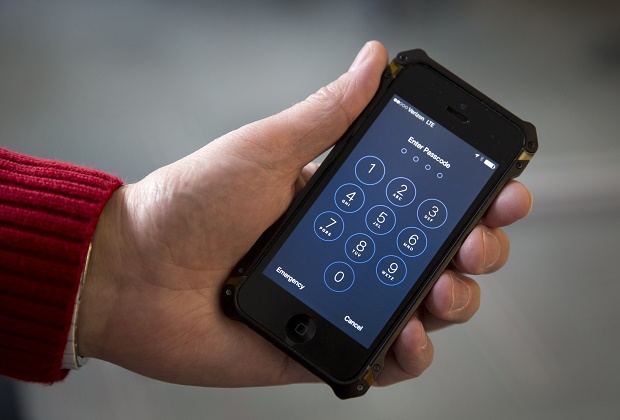
One in every four of young adults had lost their phones or had them stolen in the past year, a report showed. AP PHOTO
Young Internet users are more likely to lose their phones and eventually become victims of hacking compared to older adults, a report showed.
A report by global cybersecurity company Kaspersky Lab showed that one in every four of young adults had lost their phones or had them stolen in the past year and suffered leaked confidential or sensitive information.
“Whilst one-in-seven users (14%) overall has experienced the loss or theft of a device, this figure rises to 26% among users under the age of 24. Of the 16 to 24 year olds affected, 83% say they suffered negative consequences afterwards, slightly higher than the overall average of 77%,” the report said.
The report said 32 percent of young adults aged 16-24 years old had their accounts hacked as a result of theft, while one in every four suffered permanent loss of personal images and videos (25 percent), and leaked personal and sensitive information (24 percent).
“A fifth of users overall were disciplined at work after having their device lost or stolen, because the device in question contained business data (22%). In addition, a fifth noticed that financial details stored on the device had been misused (21%),” it added.
The report said only four out of ten users affected by loss or theft blocked their device through their mobile operator, while only 29 percent tried to track their device using a software.
Kaspersky product manager Evgeny Guryanov urged phone owners to beef up security measures in their devices, saying that device loss or theft was “not just an inconvenience but a breach of your identity and privacy.”
“Mobile devices have become central to our lives. They are like friends that we carry everywhere with us. Most of us store sensitive and personal information on them, whether that is pictures of our family, online banking details, personal email messages or passwords to access our daily lives, Yet, it is easy for our devices, when lost or stolen to become digital frenemies,” Guryanov said in a statement.
“It is therefore imperative that it is, at the very least, password protected, that all sensitive data is encrypted, and that mobile security apps are up to date. Using an anti-theft feature as part of a wider security solution to block third-parties, help locate the device and clean it of personal data if necessary, can go a long way to protecting users, even after loss or theft,” Guryanov added. JE